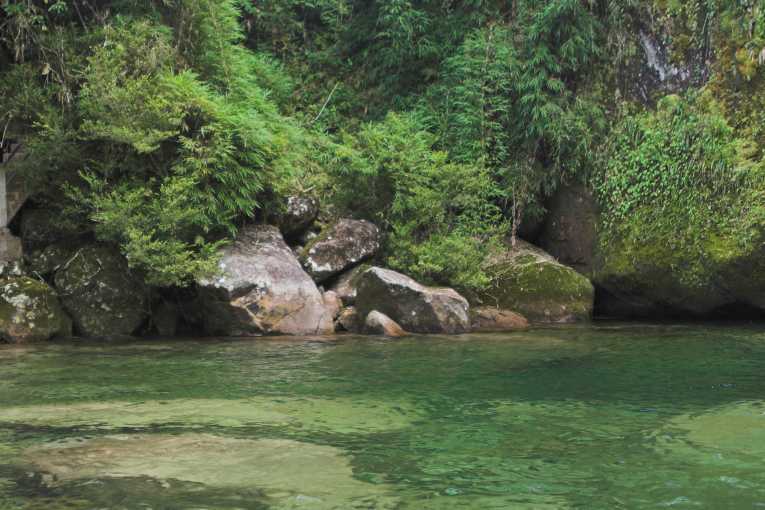A new deal aims to help indigenous people in the Amazon reduce the carbon emissions caused by deforestation and help fight climate change.
The partnership between the Coordinator of Indigenous Organizations of the Amazon Basin (COICA) and the Inter-American Development Bank (IDB), aims to put the people who actually live in this priceless environment at the heart of protecting it.
COICA represents 390 indigenous groups controlling 10,268,471 km2 of land in the Amazon basin in Ecuador, Peru, Bolivia, Venezuela, Colombia, Suriname, Guyana, French Guiana and Brazil.
The project, called ''Pueblos Indigenas de la Cuenca Amazonica frente al Cambio Climatico'' (Indigenous Peoples of the Amazon Basin to Combat Climate Change) was announced in Washington yesterday after initial discussions in Ecuador and is funded by the IDB. It aims to allow indigenous people to be actively involved in the planning and execution of emission reduction projects.
Training programmes will help Indigenous People to engage in Reducing Emissions from Deforestation and forest Degradation (REDD+); their involvement will be sought in new REDD+ projects, two of which will come about as a result of this new deal.
''Perhaps most importantly, this project will promote the recovery of our traditional knowledge, which can then be put to use for climate change mitigation and adaptation, defend our territorial collective rights, and the sustainable use of natural resources in our territories,'' said COICA Technical Manager Juan Reategui.
''The workshops will develop new models of free, prior, and informed consent to be used as examples for other international organizations, governments, programs, and development projects.''
The American Environmental Defense Fund (EDF) and Woods Hole Research Center (WHRC) have also helped in the development of the project.
''With lifetimes of hands-on experience drawn from across vast tracts of Amazon rainforest, Indigenous groups are well-placed to provide leadership in efforts to measure and monitor their forests - forests which they, themselves, have sustainably managed for centuries,'' said WHRC Assistant Scientist Wayne Walker.










